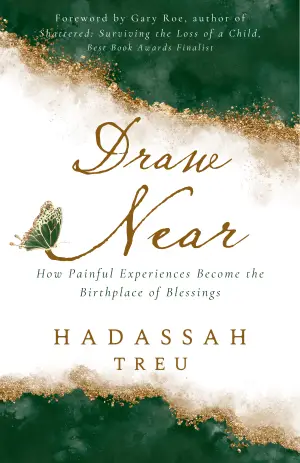Review: Mistborn: The Final Empire (Mistborn, #1) by Brandon Sanderson
Let’s talk about trust. I approached Mistborn: The Final Empire with a mixture of excitement and trepidation, largely thanks to the buzz surrounding Brandon Sanderson’s works. It felt like everyone had been raving about this series, building it up as a masterpiece that I absolutely must read. And here I was, just casually strolling into what felt like a setup for an emotional rollercoaster. Spoiler alert: I ended up needing a cake—or several—to recover!
From the moment I stepped into the world of Scadrial, I was acutely aware of its grim atmosphere. Sanderson masterfully crafts a setting where ash falls like rain and the air is thick with oppression. The ruling class indulges in their exquisite decadence, while the skaa—the downtrodden, beleaguered servants—struggle to survive. It’s a harsh reality that prompts you to root for the underdogs with all your heart. Enter Kelsier, the ultimate charismatic rogue, whose ambition to dethrone the immortal tyrant, the Lord Ruler, is as audacious as it is captivating.
Kelsier’s backstory is rich and haunting; his scars tell tales of both tragedy and triumph. He embodies the spirit of revolution, using wit, charm, and a healthy dose of bravado to rally the skaa against their oppressors. However, my admiration for Kelsier was often tinged with despair. Sanderson has a knack for pushing you to invest in his characters emotionally, only to toss you into turmoil. This is where my love-hate relationship with the author blossomed: how could one create such intricate layers of hope and despair so effortlessly?
The pacing of Mistborn kept me on my toes. Sanderson blends intricate heists and thrilling action with deeper reflections on class struggle and morality. The narrative twists are deliciously unpredictable, peppered with moments that had me gasping or muttering, “No, he wouldn’t dare!” As the plot unfolds, it becomes clear that Sanderson is a master of misdirection, leading you into false hope and then dragging you into the depths of despair—yes, I’m still upset, thank you very much.
One of the most striking aspects of Sanderson’s writing is his inventive magic system, Allomancy, which is both fascinating and deeply integrated into the characters’ lives. Watching Kelsier flip coins as if they were the threads of destiny tugging at the narrative was both charming and exhilarating. Quotes from the book resonated with me, particularly those exploring the burden of leadership and the sacrifices required for meaningful change. The dialogue between characters brims with wit, creating both tension and humor amidst the turmoil.
In Conclusion
Would I recommend Mistborn: The Final Empire? Absolutely, but only if you’re prepared for an emotional journey that may leave you questioning your faith in humanity—and possibly in Sanderson himself. If you enjoy stories peppered with rebellion, friendship, and the costs that come with standing against tyranny, then this series is a treasure trove waiting to be unearthed. Just keep the cake handy for the inevitable heartbreak!
In the end, I may hate everyone who encouraged me to read this, but I also can’t deny how much Sanderson’s ingenious narrative and unforgettable characters have left me craving for more. This book is a rollercoaster, and trust me, you won’t want to miss it—even if it means grappling with your own emotional wreckage long after the last page is turned.
Discover more about Mistborn: The Final Empire (Mistborn, #1) on GoodReads >>







